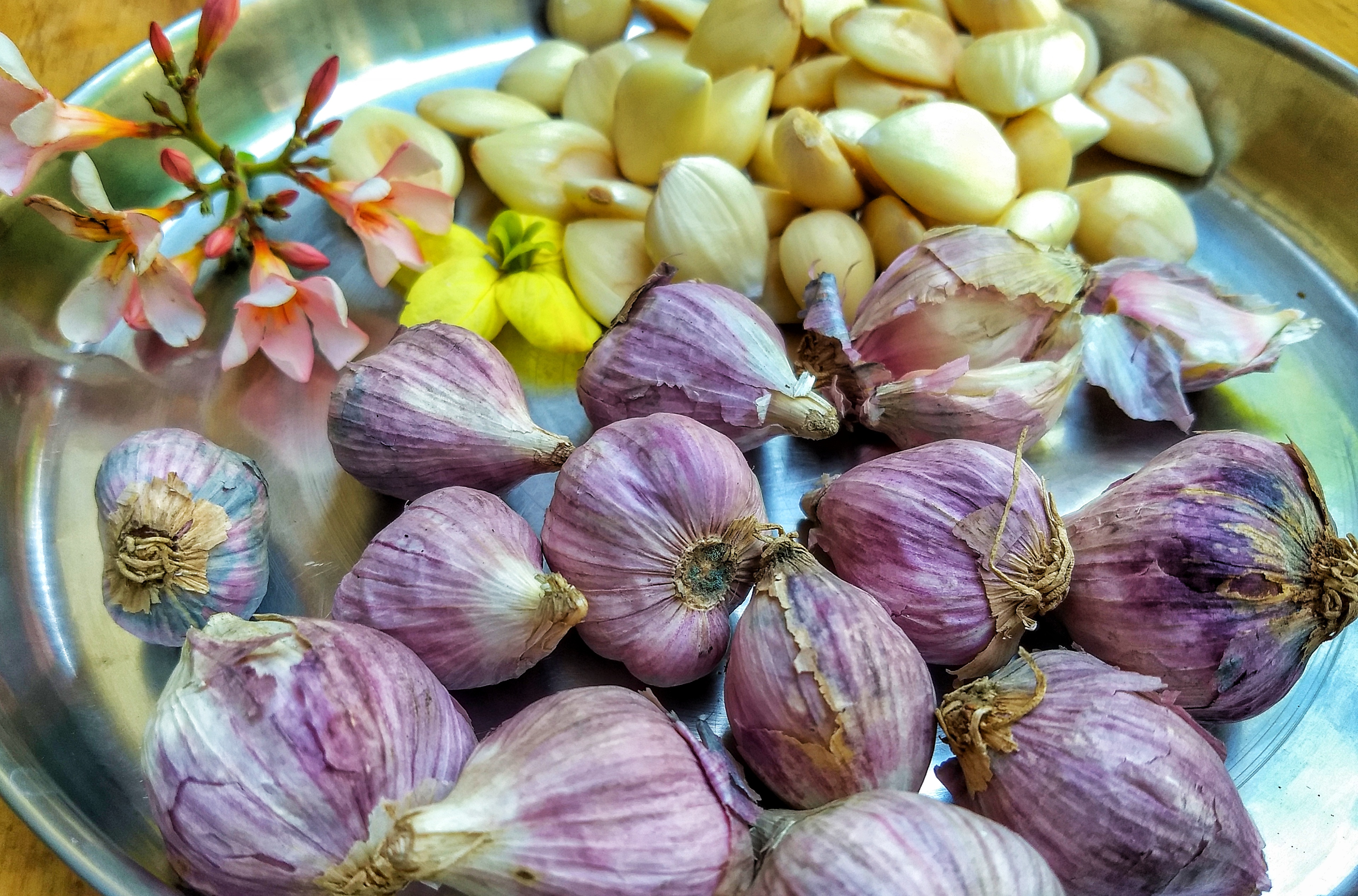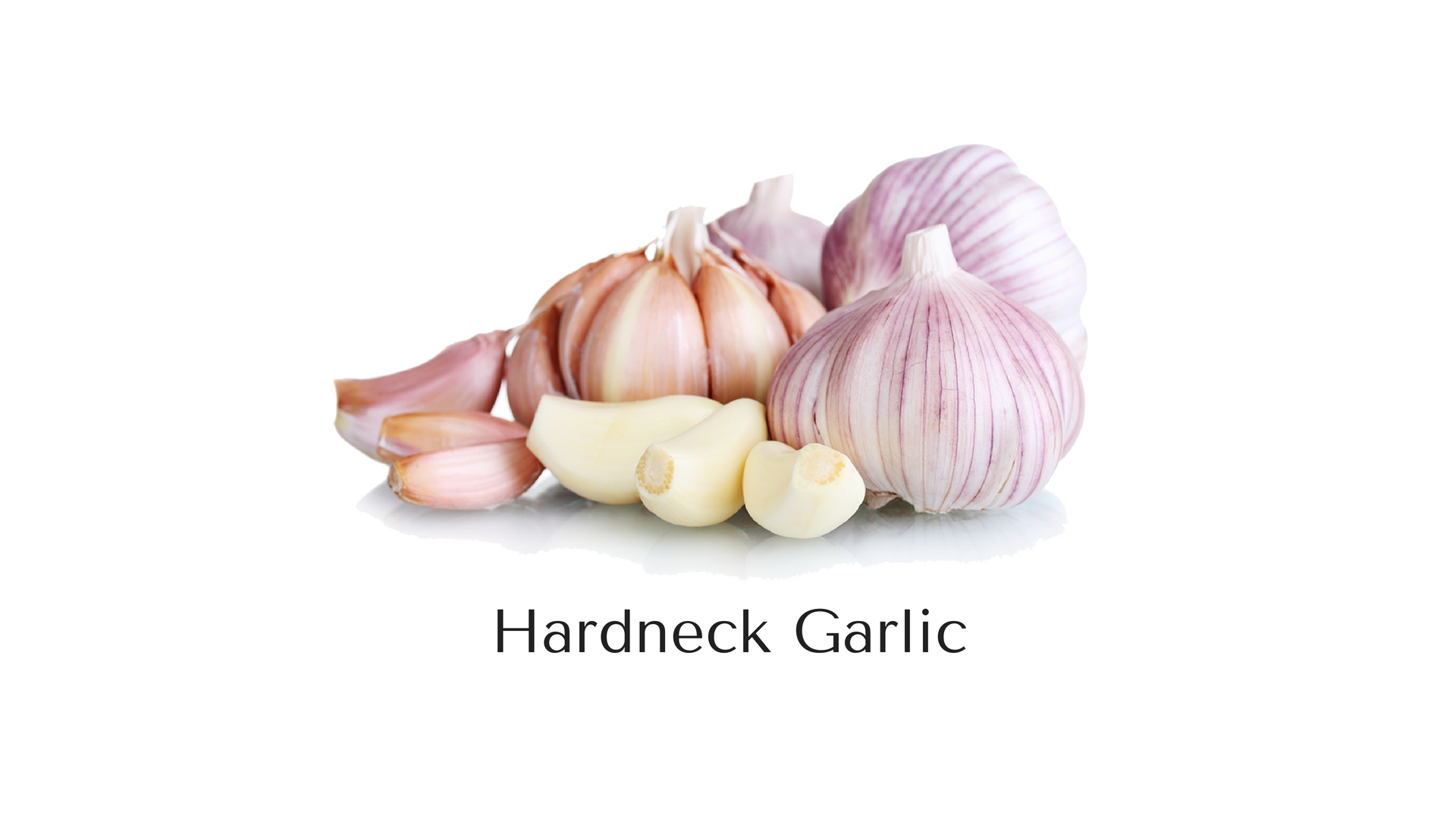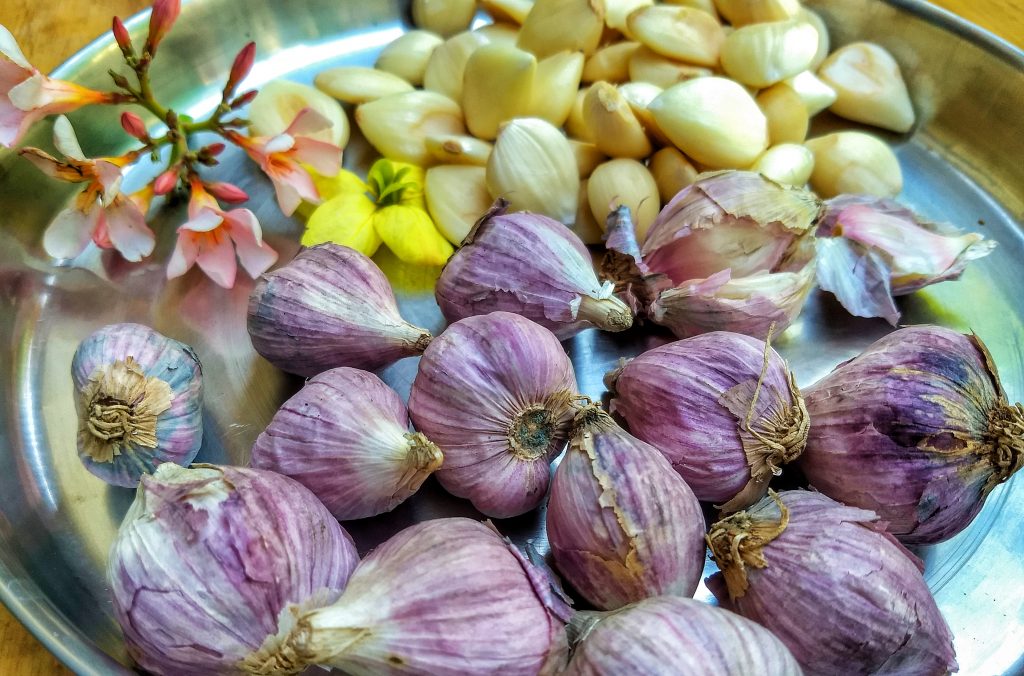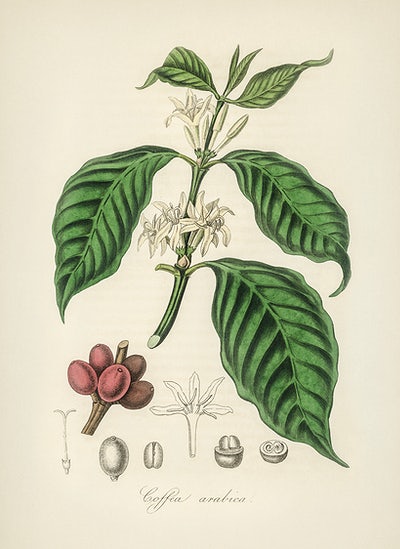
Garlic, or ‘Lahsun’ as it’s known in Hindi, is a small yet potent ingredient that is renowned for its unique flavor and impressive health benefits. This post will delve into the health benefits of garlic and how you can incorporate it into your daily diet.
1. 🛡️ Immunity Booster
Garlic is a powerhouse of nutrients like Vitamin C, Vitamin B6, and manganese, all of which play a crucial role in strengthening the immune system. Regular consumption of garlic can help your body ward off common illnesses like the flu and the common cold.
Our Homemade Garlic Pickle is a fantastic way to incorporate garlic into your meals. Packed with whole garlic cloves preserved in mustard oil, this pickle not only adds a burst of flavor to your meals but also provides a daily dose of the immune-boosting benefits of garlic.
2. ❤️ Blood Pressure Regulator
Garlic has been proven to improve blood pressure, especially in individuals with known high blood pressure (hypertension). Incorporating garlic into your food can be as effective as medicinal remedies, all the while making your dishes tastier!
3. 🍎 Cholesterol Level Manager
Garlic can lower Total and LDL cholesterol. For those with high cholesterol, garlic supplementation appears to reduce total and/or LDL cholesterol by about 10-15%. Our Red Chilli Garlic Pickle is a great way to incorporate garlic into your meals. This pickle combines the heat of red chillies with the health-enhancing properties of garlic, making it a delicious and beneficial addition to your diet.
4. 🌈 Antioxidant Powerhouse
Garlic is rich in antioxidants that help protect against cell damage and aging. It may reduce the risk of Alzheimer’s disease and dementia. Garlic contains antioxidants like selenium and allicin that fight oxidative damage and prevent diseases.
5. 🧹 Body Detoxifier
Garlic contains sulfhydryl, a sulfur-containing compound that helps to detoxify the body. It helps cleanse the system of toxins and harmful substances. Regular consumption of garlic can help cleanse your liver and flush out toxins, contributing to a healthier body.
6. 🏋️ Performance Enhancer
Garlic was traditionally used in ancient cultures to reduce fatigue and enhance the work capacity of laborers. It is beneficial for reducing exercise-induced fatigue. Garlic aids in enhancing athletic performance by increasing exercise capacity and reducing exercise-induced fatigue.
7. 🦴 Bone Health Promoter
Garlic has been found to increase estrogen levels in females, which can benefit bone health. A daily dose of garlic could reduce the risk of osteoarthritis. Garlic is rich in minerals like zinc, manganese, and vitamin B6, which are essential for bone health.
8. 🍽️ Digestive Health Improver
Garlic aids in digestion by stimulating the mucous membranes of the stomach to produce gastric juices that aid in digestion. It also helps in expelling gas and promotes regular bowel movements. Garlic’s anti-inflammatory properties can also help reduce inflammation in the gut, promoting better digestion.
9. 🌸 Skin Health Enhancer
Garlic’s anti-inflammatory properties can help reduce inflammation and improve skin health. It can be used to treat skin infections and fight acne. Garlic’s antioxidants protect the skin from oxidative damage, promoting a clear and healthy complexion.
10. 💇 Hair Growth Promoter
Garlic could help to cleanse your scalp and stimulate hair growth. It can also strengthen your hair roots and control hair fall. Garlic’s high sulfur content helps to fortify the structure of the hair shaft, promoting stronger and healthier hair.
Now that you know the health benefits of garlic, why not add it to your diet? At Masala Monk, we offer a variety of garlic-infused products that are not only delicious but also carry the health benefits of garlic.
For those who love the combination of garlic with other flavors, check out our Himalayan Chilli Garlic Chutney and Rajasthani Lahsun Chutney. These products are sure to add a burst of flavor to your meals!
Remember, the best way to consume garlic is raw, or to crush and chop it and let it sit for a while before adding it to your recipes. So, start incorporating garlic into your diet today and reap its numerous health benefits!
Frequently Asked Questions
Q1: Can I eat raw garlic every day?
A: Yes, eating raw garlic every day can be beneficial for your health. However, it’s important to remember that too much of anything can be harmful. It’s recommended to consume about 1-2 cloves of garlic per day.
Q2: Is garlic good for weight loss?
A: Garlic could be a good addition to a weight loss diet as it is low in calories yet rich in nutrients. It can also boost metabolism which can aid in weight loss.
Q3: Can garlic improve my skin health?
A: Yes, garlic’s anti-inflammatory properties can help reduce inflammation and improve skin health. It can be used to treat skin infections and fight acne.
Q4: How can I incorporate garlic into my diet?
A: You can incorporate garlic into your diet by adding it to your dishes, consuming garlic supplements, or trying our garlic-infused products like Homemade Garlic Pickle and Red Chilli Garlic Pickle. These pickles are packed with whole garlic cloves in mustard oil, offering a flavorful and healthy addition to your meals.
Q5: Can garlic help with high blood pressure?
A: Yes, high doses of garlic have been shown to improve blood pressure for those with known high blood pressure (hypertension). Incorporating garlic into your food can be as effective as medicinal remedies.
Q6: Is garlic good for hair growth?
A: Garlic could help to cleanse your scalp and stimulate hair growth. It can also strengthen your hair roots and control hair fall.
Q7: Can I use garlic to boost my immune system?
A: Yes, garlic is packed with nutrients like Vitamin C, Vitamin B6, and manganese which play a crucial role in boosting the immune system. Regular consumption of garlic can help your body fight off common illnesses like the flu and common cold.
Q8: What are some other ways to enjoy garlic?
A: Besides the traditional use of garlic in cooking, you can enjoy the benefits of garlic through our Himalayan Chilli Garlic Chutney and Rajasthani Lahsun Chutney. These products offer a unique blend of flavors while providing the health benefits of garlic.
Blog Tags: Garlic, Health Benefits, Immune System, Blood Pressure, Cholesterol, Antioxidants, Detox, Physical Performance, Bone Health, Digestive Health, Skin Health, Hair Growth, Garlic Pickle, Red Chilli Garlic Pickle, Himalayan Chilli Garlic Chutney, Lahsun Chutney, Masala Monk, Pickles, Chutneys, Healthy Eating, Nutrition, Dietary Supplements
Please note that the information provided in this article is for informational purposes only. It is not a substitute for professional medical advice, diagnosis, or treatment. Always seek the advice of your physician or other qualified health providers with any questions you may have regarding a medical condition.














